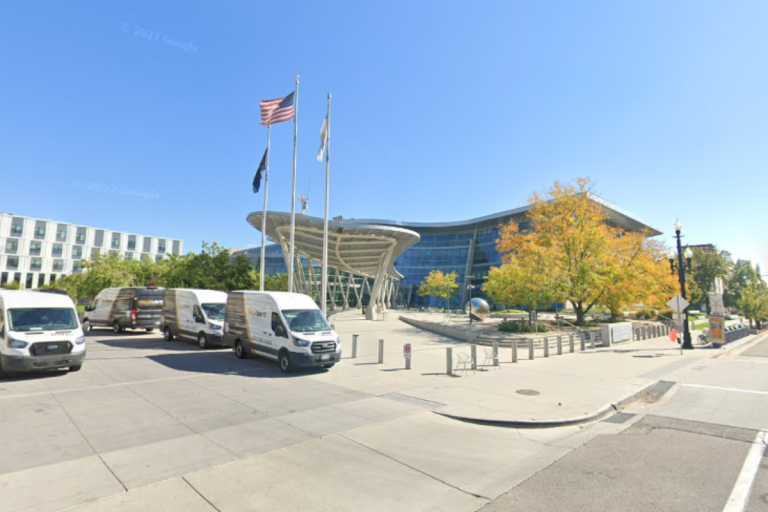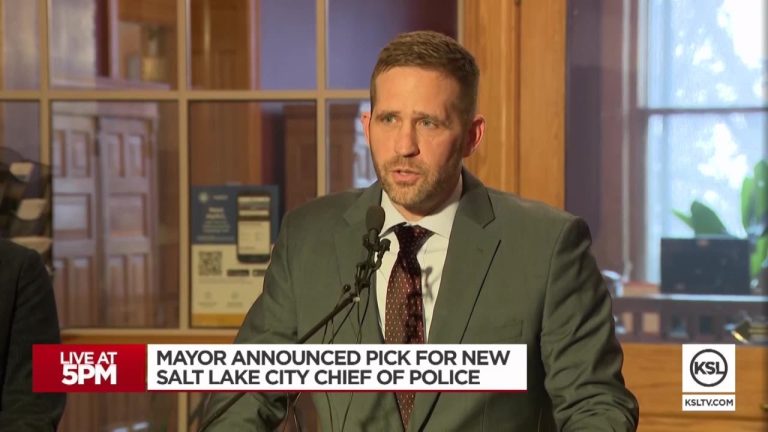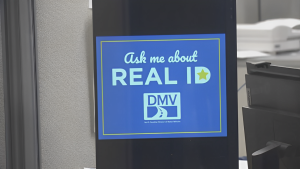For those who occasionally exceed the speed limit in the Garden State, the idea of raising the speed limit to 85 MPH might sound appealing. But before we jump to conclusions, it is essential to explore whether such a change would be practical or even possible in New Jersey.
Some states, like Texas, have experimented with higher speed limits in select areas, with some roads legally allowing speeds up to 85 MPH. Could New Jersey follow suit, at least on certain highways
The Texas Example
Texas is home to some of the highest speed limits in the country. A particular case of interest is Texas State Highway 130, which was designed as a bypass for the heavily congested Interstate 35 corridor near Austin and San Antonio. The state decided to incentivize drivers to use this road by setting an 85 MPH speed limit—the fastest posted limit in the United States.
This decision was based on the theory that allowing faster speeds would attract more drivers to use the toll road, reducing congestion on I-35. The Texas Department of Transportation hoped that the higher speed limit would divert traffic from the overcrowded interstate, improving travel times for commuters.
Unlike many other roads, Texas 130 was specifically designed to handle higher speeds. It features wide lanes, long sight distances, and limited access points, making it safer than traditional highways when operating at elevated speeds. Even the exits are structured differently, with drivers needing to slow down to 65 MPH rather than the typical 35-45 MPH seen on most other highways.
Could This Work in New Jersey
New Jersey’s highway system is quite different from Texas. While Texas highways often pass through vast open landscapes with minimal traffic congestion, New Jersey is one of the most densely populated states in the country. Roads in New Jersey are frequently packed with commuters, trucks, and local traffic, which makes higher speed limits a more complex issue.
However, not all roads in New Jersey are constantly congested. Some stretches of highway—such as the lower sections of the New Jersey Turnpike or portions of Interstate 295—see less traffic than major urban routes. If a higher speed limit were introduced, it would need to be carefully selected for specific locations that can safely accommodate faster-moving vehicles.
Potential Roads for an 85 MPH Limit
If New Jersey were to consider an 85 MPH speed limit on select highways, some candidates could include
- The southern sections of the New Jersey Turnpike These areas experience less congestion compared to sections near New York City and could potentially handle higher speed traffic
- Interstate 295 between the Delaware Memorial Bridge and Route 322 This stretch of highway is relatively open with fewer urban interchanges
- The Garden State Parkway between Little Egg Harbor and Smithville This area has long straight stretches that might be suitable for higher speed limits
- The Atlantic City Expressway between Hammonton and the Egg Harbor tolls This road is already known for its high-speed travel, and an increase in speed limits might not significantly change driver behavior
A potential compromise could involve designating express lanes with higher speed limits while keeping the general lanes at the existing limits. For instance, if the New Jersey Turnpike and I-295 run parallel, the Turnpike could have an 85 MPH limit while I-295 remains at 65 MPH. This could give drivers the option to pay a toll for faster travel while maintaining the standard speed limits elsewhere.
Safety Considerations
One of the primary concerns with raising speed limits is safety. Studies have shown that higher speed limits can lead to an increase in severe accidents. Higher speeds mean longer stopping distances, reduced reaction time, and greater impact force in the event of a crash.
In Texas, the 85 MPH speed limit experiment has had mixed results. While some drivers appreciate the ability to travel faster, others worry about the risks associated with high-speed collisions. Additionally, law enforcement officials must consider the challenge of monitoring and enforcing speed regulations on such roads.
New Jersey already has a reputation for aggressive driving, and increasing speed limits might encourage even more reckless behavior. The state would need to consider whether its roadways, drivers, and enforcement capabilities could handle such a change.
The Psychological Factor
Speed limits are not just about safety; they also influence driver behavior. Many drivers already exceed posted speed limits by 5 to 10 MPH. If the limit is raised to 85 MPH, it is likely that some drivers will push their speeds to 90 or 95 MPH, further increasing the risk of accidents.
Additionally, while some highways might accommodate higher speeds, other roads intersect with these highways. Drivers coming from slower roads may struggle to adjust to vehicles traveling at significantly higher speeds. This could lead to more dangerous merging situations and rear-end collisions.
The Cost Factor
Another consideration is the cost of modifying highways to support higher speed limits. In Texas, roads with 85 MPH limits were specifically built to handle such speeds. This included designing longer exit ramps, widening lanes, and improving barriers. In New Jersey, implementing an 85 MPH limit on existing roads would require a significant investment in infrastructure upgrades, such as improving signage, reconfiguring ramps, and reinforcing barriers to handle potential high-speed crashes.
Additionally, insurance rates could be impacted. Higher speed limits often lead to higher accident rates, which in turn can result in increased insurance premiums for all drivers. New Jersey already has some of the highest car insurance rates in the nation, and raising speed limits could push those costs even higher.
The Final Verdict
While an 85 MPH speed limit might work in some rural parts of the country, New Jersey presents a different set of challenges. The state’s high population density, heavy traffic, and aggressive driving culture make higher speed limits a risky proposition. However, limited experiments on specific stretches of highway might be worth exploring.
Instead of a blanket increase to 85 MPH, New Jersey could consider raising the limit to 75 MPH on certain roads as a compromise. This would allow for slightly faster travel while maintaining a safer speed for most drivers.
Ultimately, whether New Jersey should implement an 85 MPH speed limit depends on balancing the desire for faster travel with the need for safety and infrastructure readiness. While it is an interesting debate, the state would need to carefully analyze the risks and benefits before making such a drastic change.
Disclaimer – Our editorial team has thoroughly fact-checked this article to ensure its accuracy and eliminate any potential misinformation. We are dedicated to upholding the highest standards of integrity in our content.

























+ There are no comments
Add yours